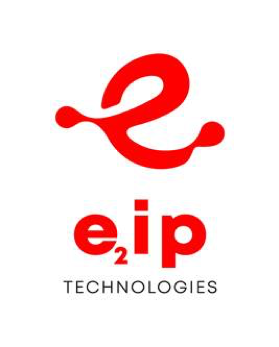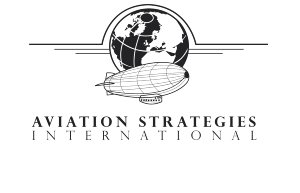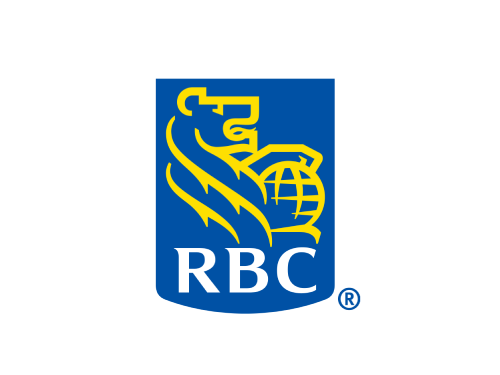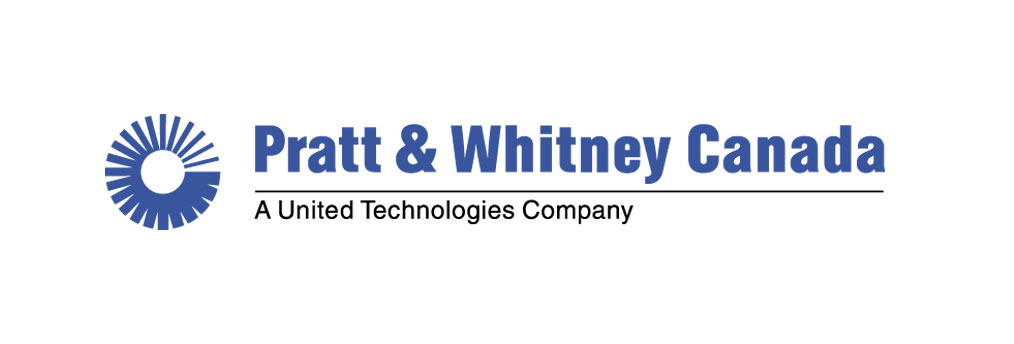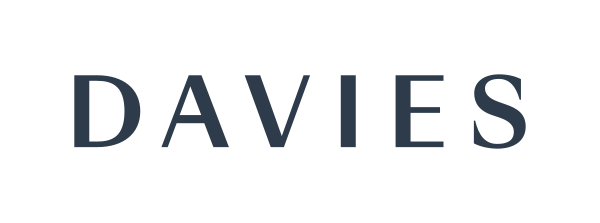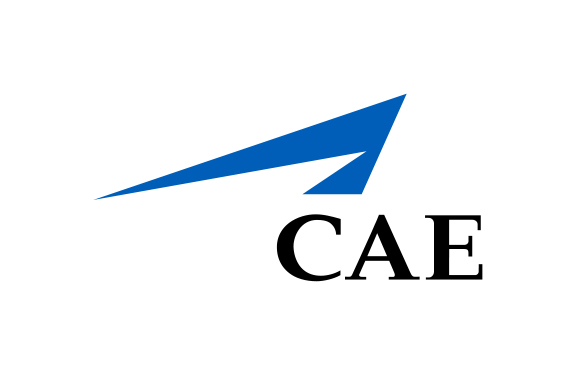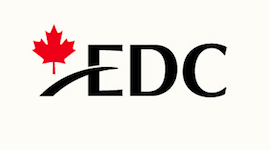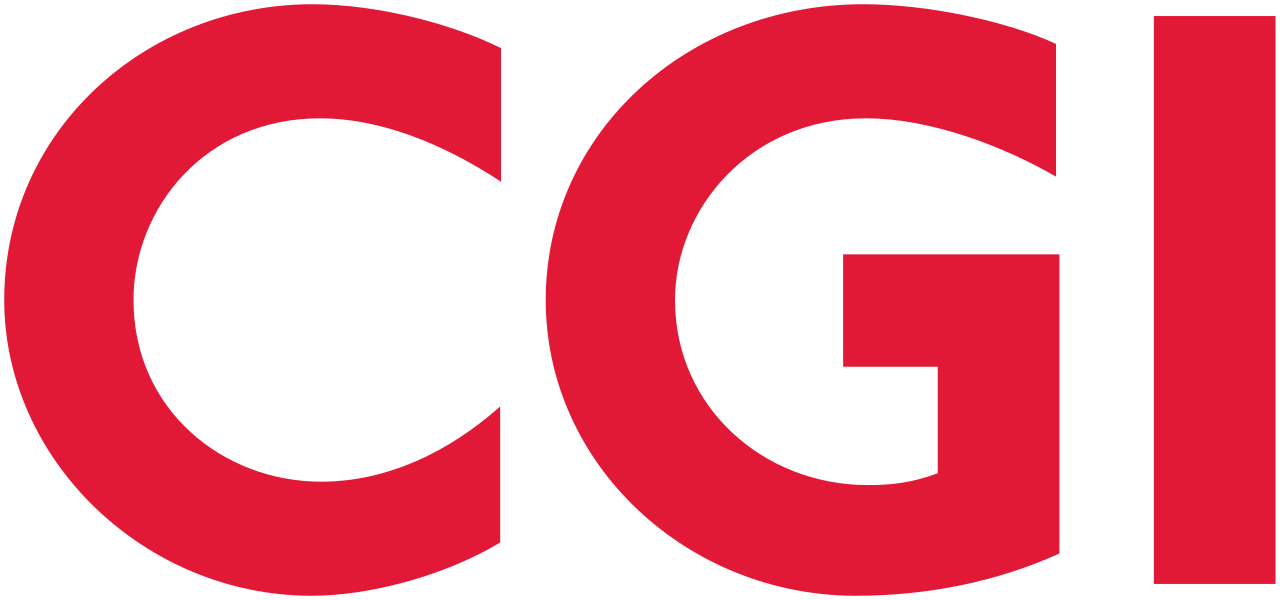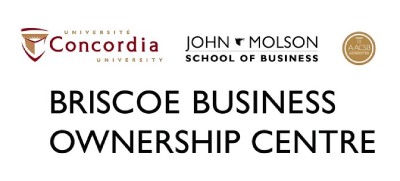The 13th Annual International MBA Case Competition
Concordia hosts the 13th annual International MBA Case Competition, which will be held from Tuesday January 11th to Saturday January 15th 1994 at Le Centre Sheraton, 1201 Boul. Réné-Levésque O. This event features some of the best young business brains from the world. Twelve international schools, the largest international representation ever, will compete with 18 of Canada’s best MBA schools for the highly touted Concordia Cup.
The Concordia MBA Case Competition (MBACC), as it was originally named, was the brainchild of two Concordia MBA students, Annette Wilde and Nora Kelly. In the fall of 1981, these two entrepreneurs gathered together a few interested faculty members and fellow students to organize the first Competition, between Concordia and four other local universities. Appropriately for a bilingual community, first prize was shared between McGill and UQAM.
The enthusiasm generated by this first contest was such that 16 universities from across Canada attended the follow-up event in January 1983, and the Competition continued to attract this number until 1988, when it expanded to 18 and its title was changed to include the word “National”. During these years, there was continual innovation based on feedback from participating students, faculty, and judges. However, three constants emerged as the Competition evolved:
- The Competition is entirely organized and run by three Concordia MBA students working, as much as possible, directly with students at participating universities.
- Judging of the participating teams’ performances is carried out by senior business executives, using “real world” criteria rather than traditional “academic” standards.
- Although the primary purpose of the Competition has been to attract, challenge and sharpen the skills of the best and brightest of Canada’s MBA students, a second important goal is to foster social and professional linkages between the various communities involved. In short, to work but also to have fun.
Last year marked the 12th anniversary of the Competition, as well as the second international version of the event. Due to the enormous success of the 1993 version, we have decided to expand this format. This year there are 12 international teams representing some of the best business schools from the United States, Europe, and New Zealand. Canada is strongly represented by 18 universities from coast to coast. Once again, among the teams competing this year is Otago of New Zealand, the two-time defending champions. They have returned to defend their well-earned title.
The teams of four members are given only three hours to study and master a complex case involving a real company. They must then present an analysis of the company’s position and offer a plan to boost its performance to a panel of judges (the senior executives) who act as the board of directors for the company presented in the case. Teams are divided into six divisions of five teams each, with each team competing against the other four teams in their division, plus one interdivisional contest. The top team from each of the six divisions secures a place in the semi-finals. After that the contest is sudden death, with top prize and international prestige going to the winning team from among the three finalists. The first-place team receives a $4000 scholarship, second place earns a $3000 scholarship, and the third-place team takes home a $2000 scholarship.
Concordia is proud to host such a strong national and international group of individuals and would like to thank the many organizations that make this remarkable event possible. The MBACC is the most highly visible and prestigious event on the Faculty of Commerce’s annual calendar.
Organization of the MBACC is shared by three people, chosen through a formal selection process by the current year’s organizing team, the faculty advisor and the MBA program director.
The process includes submission of an application letter detailing the reasons why the student wants to be considered a candidate as organizer, what they will bring to the Competition, etc., a current resume, and a formal interview.
After each candidate has been interviewed, the current organizers and faculty members deliberate the strengths and weaknesses of each candidate and make their final choice. Though faculty members are involved in the process, the ultimate decision resides with the current organizing team, as the Competition is stressed as a student-organized and -run event.
The new team of organizers takes over the reins of responsibility at the beginning of the month of May preceding the event, which is usually held in January. The three new team members then decide among themselves what their primary/individual duties are to be. Though each team member has key areas of responsibility, they endeavour to keep each other fully informed of what progress is being made in each of the key areas; they may also work together on certain subjects, such as signing a contract with the host hotel. Key organizational responsibilities for the MBACC are:
- generating sponsorship donations (cash, services or products) from past sponsors, and recruiting new sponsorship candidates;
- recruiting senior executives, both past participants and new candidates, as judges;
- recruiting participating schools;
- sourcing unpublished business cases;
- office management;
- budgeting and accounting;
- hotel research, selection and contract negotiation;
- research, selection and contract negotiations with external suppliers (such as restaurants, disc jockey, photographer, audio-visual equipment, programme book, poster design);
- marketing and media coverage or the MBACC;
- recruiting key assistants and volunteers for the competition;
- reviewing, interviewing and selection of candidates for succeeding year’s MBACC.
This year’s team of organizers, and their respective key duties, are:
- MR. JOHN IWANIC, responsible for sponsors and judges and restaurant negotiations;
- MS. BETH McNUTT, responsible for recruiting schools, marketing and hotel contacts;
- MR. DARREN READ, responsible for sourcing cases, office management, budgeting and accounting, and other external supplier negotiations.
Each of the three main organizers also chooses one key assistant that will help them in some of their organizing activities, especially during the scheduling of participants and the actual event. These three assistants have the responsibility to handle either:
- A the team moderators;
- B the judge moderators; or
- C executive assistant and computer operator.
In addition to having access to the members of Concordia’s Faculty of Commerce as well as the Dean of the faculty, the organizers also have an external advisory committee that can provide them with valuable input and feedback, especially with regard to any changes to the format or the Competition that the organizers want to effect. Key faculty members include:
- DR. CHRISTOPHER ROSS, Dean of the Faculty of Commerce;
- DR. DEREK ACLAND, MBA Program Director;
- DR. RICK MOLZ, Department of Management, faculty advisor;
- DR. PIERRE BRUNET, EMBA Program Director;
- DR. WILLIAM TAYLOR, AMBA Program Director.
Members of the external, industry Advisory Commute are:
- MR. DAVID GOLDMAN, Executive Vice-President, Noranda Minerals Inc.;
- MR. ROBERT M. DE FOUGEROLLES, President, Canadian Corporate Funding Limited;
- MR. MICHAEL RILEY, Partner, Caron Bélanger Ernst & Young;
- MR. JAMES CHERRY, President, Oerlikon Aerospace Inc.
Though these external sources are invaluable to the team of organizers, their role is solely to provide input to the organizing team.
All decisions made, either with or without the blessing of these external sources, are the sole and ultimate responsibility of the organizing team. They, as student organizers, know what is best and possible for the Competition. What they decide is based on their ability to realize the plans that they have initiated. Their successes and/or failures will be reflected in the final report that they must prepare after the Competition.
As mentioned earlier in this article, the MBACC was started on the initiative of two students who volunteered their time. This totally volunteer status held for only the first two years of the Competition, after which it had grown to such a size, and required such a large amount of time, that the Faculty of Commerce decided to make the organization of the Case Competition an alternative to a student’s required research paper. That is, students had the choice of doing a research paper on their own, or working within a group as organizers of the Case Competition. In both cases, a final paper was to be submitted. However, rather than a pure academic research paper of 60 to 70 pages, the organizing team submits what, in effect, is an operating manual for the next year’s organizing team. The paper, which is written after the Competition is over, details all the positive and negative aspects of the Competition, as well as the organizers’ successes and failures. It also makes recommendations as to how the organizers should operate the following year, the schedule of work required, etc. This helps the following year’s organizing team to organize themselves, develop an action plan, and schedule their activities. Though this report is specific in many areas, the scope of the organizers’ responsibilities, requires that each new team develop its own style of organizing, and as a result apply its own unique imprint on to MBACC.
When asked why he wanted to get involved with the MBACC, John Iwanic stated: “I felt that the MBACC would give me the greatest chance of meeting people, networking and sharpening my skills in organizing a large and prestigious event such as this. I have had over 15 years of experience in the engineering and marketing fields, and I felt that I could utilize some of these skills to enhance and expand the competition. I also felt that with my experience and the contacts I have, I would be able to bring in new people and companies as sponsors and/or judges. I also wanted to be able to work on my interpersonal, organizational, stress- and time-management skills in a more realistic work-related setting. I also felt that with the division of responsibilities that we each have, that I would get the chance to practise my leadership, follower and team player skills. If nothing else, I expect that the MBACC will have helped enhance these skills.”
The MBACC is totally funded through corporate sponsorship, amounting to over $120,000. If you would like more information on the Concordia International MBA Case Competition, or are interested in contributing as a sponsor or a judge, please contact one of the organizers at 514 848-2736, or by FAX at 514 848-4529.
PAST WINNERS:
1993
1 University of Otago – New Zealand
2 Dalhousie University
3 Memorial University of Newfoundland & University of Calgary
(24 competing universities)
1992
1 University of Otago – New Zealand
2 Georgetown University – United States
3 University of Windsor & Memorial University of Newfoundland
(24 competing universities)
1991
1 Memorial University of Newfoundland
2 University of Saskatchewan
3 University of Toronto
(18 competing universities)


